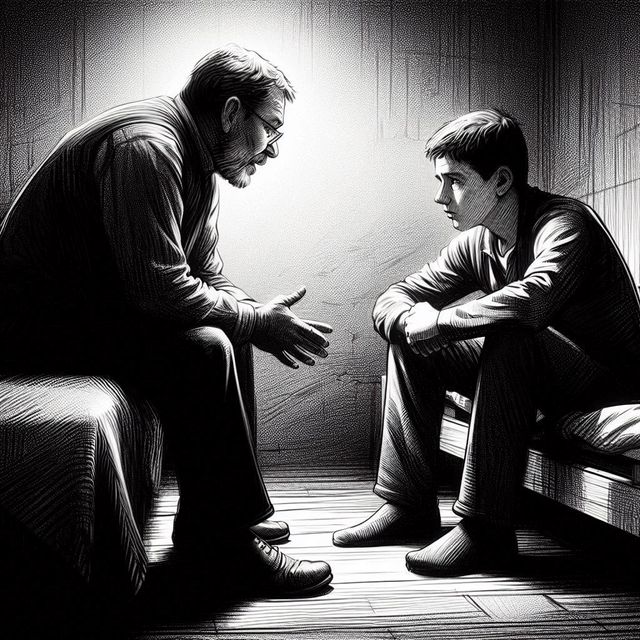-
Vijay Fafat
- Published on
Borges’ short story piece, “Funes, His Memory’ (or in other translations, “Funes, The Memorious”) discusses the phenomenal memory of an acquaintance, Ireneo Funes. Funes, at age nineteen, falls down from a horse and upon recovery, finds an awakening of memory capacity of almost unimaginable magnitude.
Funes tries to systematize more and more of his memory to rectify perceived flaws in the order of things. At one point, he comes up with a new way of labeling numbers which reminded me of Hilbert’s plan of re-writing axioms of Geometry, captured by his famous line: “It must be possible to replace in all geometric statements the words point, line, plane by table, chair, beer mug.”. As Borges tells about Funes:
“He told me that toward 1886 he had devised a new system of numbering and that in a very few days he had gone before twenty-four thousand. He had not written it down, for what he once meditated would not be erased. The first stimulus to his work, I believe, had been his discontent with the fact that “thirty-three Uruguayans” required two symbols and three words, rather than a single word and a single symbol. Later he applied his extravagant principle to the other numbers. In place of seven thousand thirteen, he would say (for example) Máximo Perez; in place of seven thousand fourteen, The Train; other numbers were Luis Melián Lafinur, Olimar, Brimstone, Clubs, The Whale, Gas, The Cauldron, Napoleon, Agustín de Vedia. In lieu of five hundred, he would say nine. Each word had a particular sign, a species of mark; the last were very complicated… . I attempted to explain that this rhapsody of unconnected terms was precisely the contrary of a system of numbering. I said that to say three hundred and sixty-five was to say three hundreds, six tens, five units: an analysis which does not exist in such numbers as The Negro Timoteo or The Flesh Blanket. Funes did not understand me, or did not wish to understand me.”
